Cognitive Bias: When Our Brain Plays Tricks On Us
KnowledgeOne
JULY 14, 2020
We are all quite familiar with the phenomenon of optical illusions, but less so with the phenomenon of cognitive biases. The underside of cognitive bias. Some 250 cognitive biases are generally classified into one of the following five categories: Bias… our perception is affected by… attentive or of attention.

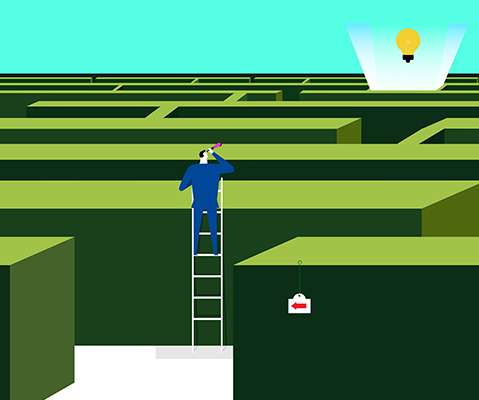
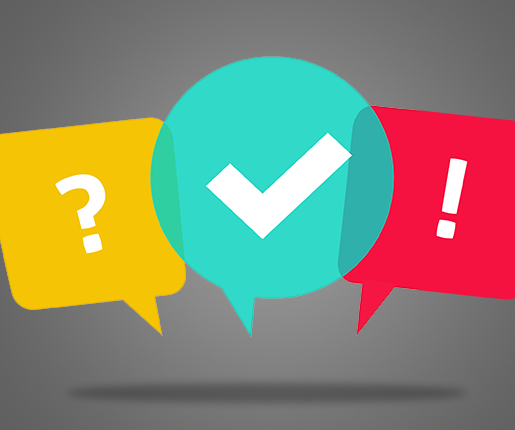

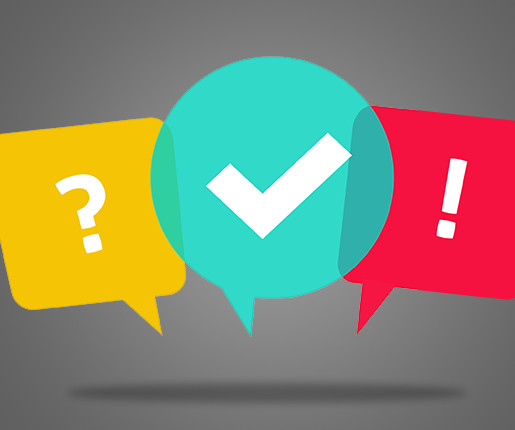
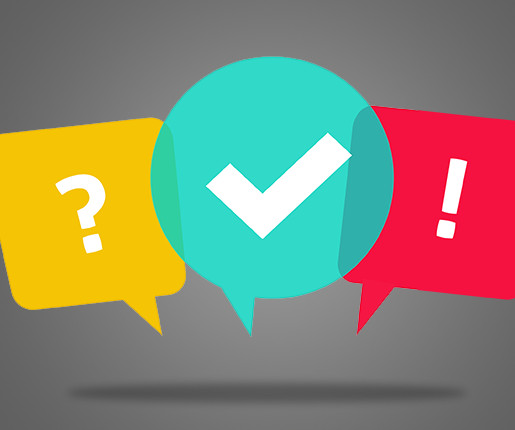

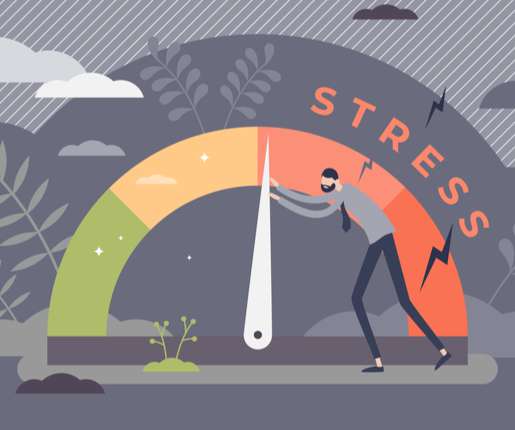



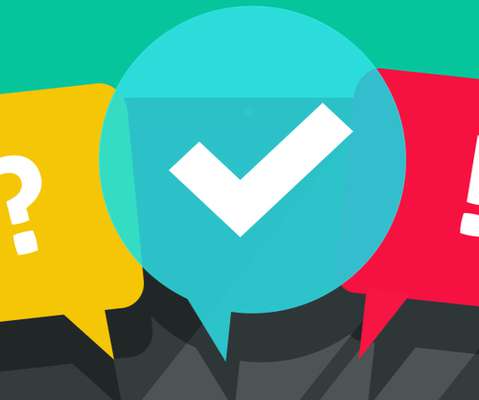
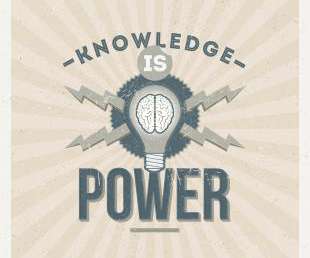

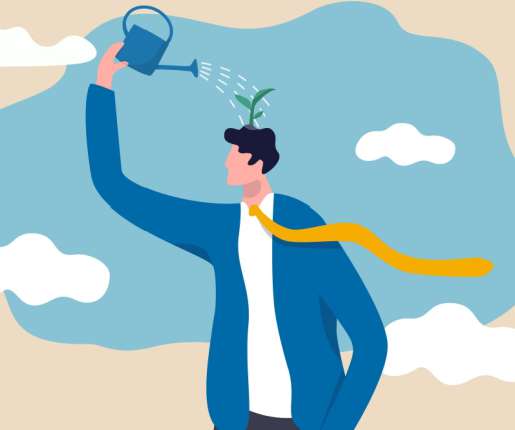













Let's personalize your content